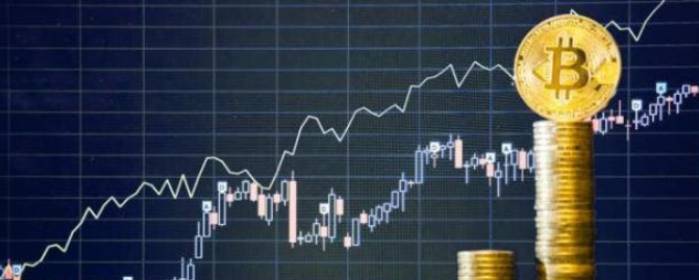TL;DR
- Arthur Hayes warns of a possible market crash due to a strengthening Japanese yen.
- The dismantling of carry trade operations could negatively affect Bitcoin.
- Bitcoin’s correlation with the Nasdaq makes it more vulnerable to market movements.
Bitcoin is facing a new challenge, this time linked to the strengthening of the Japanese yen and the possible dismantling of carry trade operations.
Arthur Hayes, founder of BitMEX, has issued a warning about the risks this could pose to global markets, including cryptocurrencies.
$USDJPY breaking down, it's about to be goblin town all over again in markets as it approaches 140. Let's see if $BTC can hold up. pic.twitter.com/Uap3Kry55d
— Arthur Hayes (@CryptoHayes) September 11, 2024
The yen, which has been a favorite currency for carry trades due to its near-zero interest rates, is gaining ground against the US dollar.
This is because the Bank of Japan (BoJ) has raised interest rates, which is leading many investors to close their positions.
A similar situation was already experienced in August 2024 when Bitcoin fell to $49,000 due to the strength of the yen and the subsequent liquidation of carry trade positions.
Now, with the yen approaching the 140 level against the dollar, Hayes warned on Twitter that we could be on the verge of witnessing another sharp correction in the markets, which he described as “goblin town” (a reference to a market crash).
Bitcoin’s correlation with the Nasdaq, rather than gold, makes it particularly susceptible to these moves.
Experts have pointed out that as investors unwind carry trades, riskier assets, such as cryptocurrencies, tend to suffer the biggest losses.
While Bitcoin‘s correlation with stock markets has been an advantage in times of growth, it could now be a factor that amplifies its falls.
Bitcoin Outlook Amid Uncertainty
Despite these warnings, some investors remain confident in Bitcoin, especially those investing in cryptocurrency ETFs in the United States.
In fact, these products have seen net capital inflows in recent days, breaking a streak of outflows worth more than $1.2 billion.
This could suggest that despite macroeconomic risks, some investors still see opportunities in Bitcoin’s recent rally, which hit $58,000 earlier in the week.
However, risks remain.
Expectations of a possible interest rate cut by the US Federal Reserve could generate further volatility in the market, as investors adjust their positions in response to changes in monetary policies.
The contrast between the Fed and BoJ policies, with the Japanese bank raising rates while the Fed is expected to cut them, is boosting the yen’s strength and forcing the unwinding of operations that had been profitable for years.
While some market players continue to bet on Bitcoin as a long-term store of value, growing uncertainty surrounding the Japanese yen and the carry trade could trigger a new wave of selling.
If the yen continues to strengthen and more investors close their carry trade positions, we may see increased pressure on Bitcoin and other risk assets in the coming weeks.


